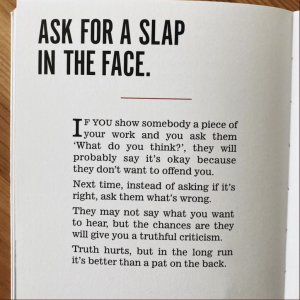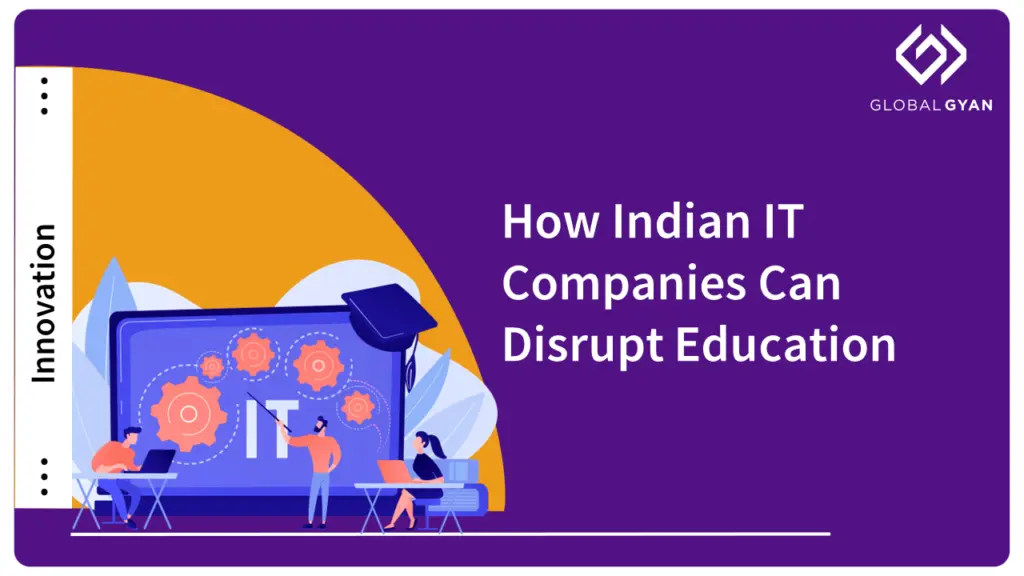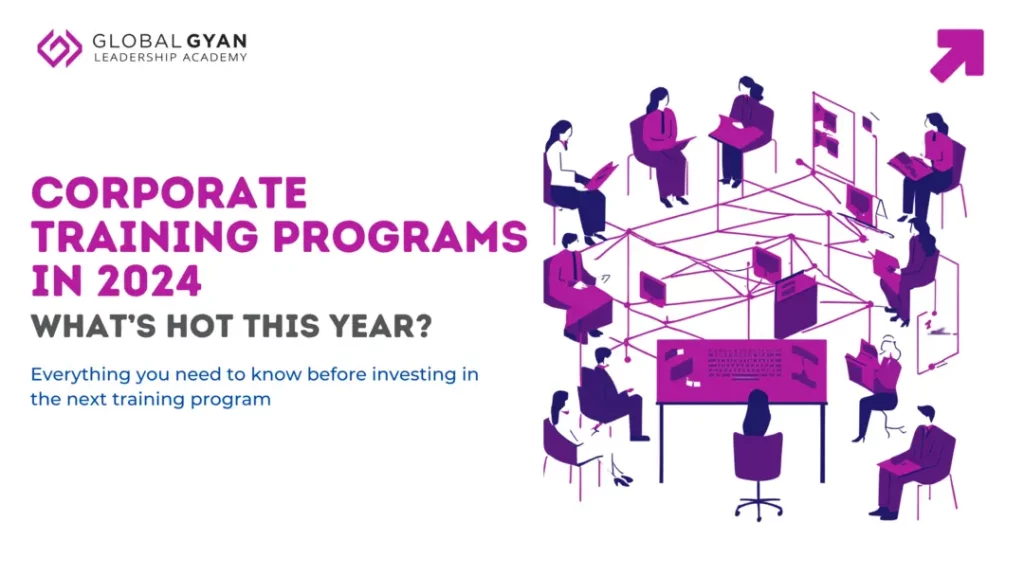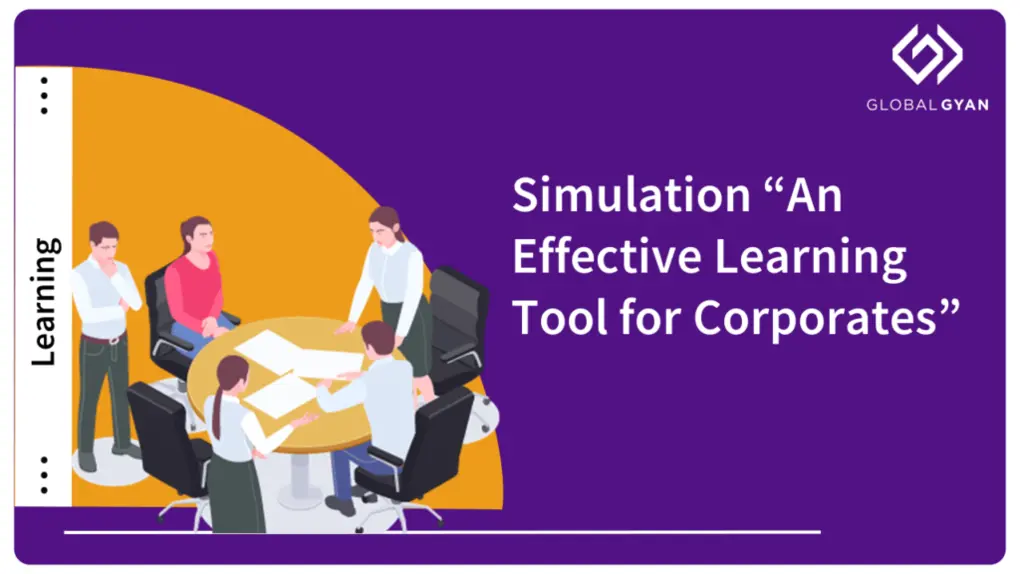Do You Need a Slap in the Face to Start Learning?
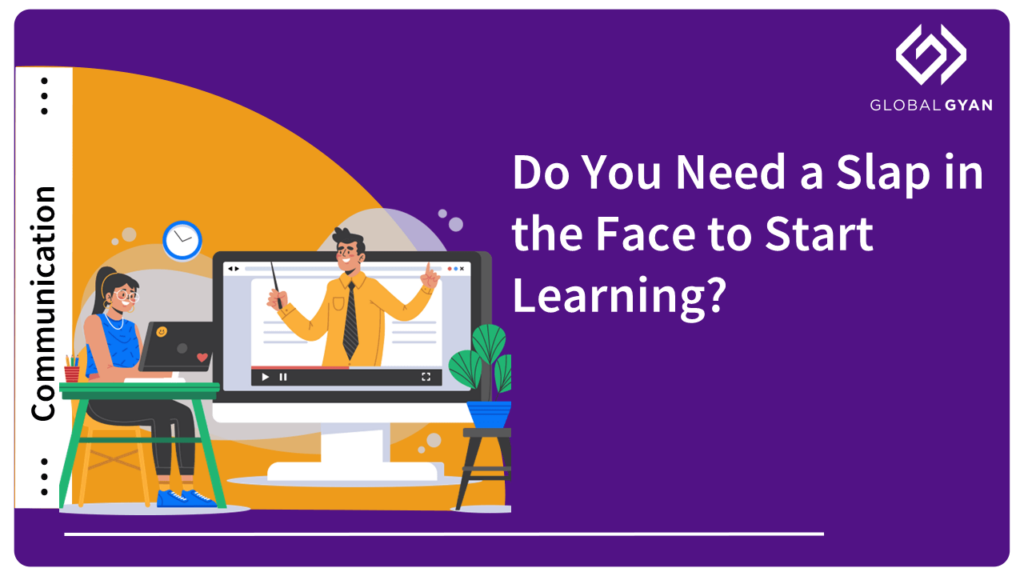
I must warn you right at the beginning that this is a controversial post. Recently, I saw a LinkedIn post by Ajay Pandey, which suggested that sometimes it’s good to get hurtful criticism rather than just positive feedback. And this connected with what I think are the reasons why adults don’t invest in their capability building or learning. Do we need a slap in the face before we are ready to start learning?
Let’s face it. Very few learn because they want to learn. Most of our life, we learn because it is seen as an input to a desired outcome. And the measurement of learning is evident to us, in the form of marks/grades, admission to colleges, shortlisting for job interviews, etc. In spite of all the hoopla about not caring about grades and percentages, it is this measurement of learning that leads to self-awareness, thus motivating an investment of time and money towards improvement.
Unfortunately, this measurement disappears in one’s professional life.
Culture of Feedback
Look back at your experience in the last few months or years. How many times has your boss told you explicitly what you’re not good at? (I am not referring to bosses who are screaming and shouting at their team members; that’s not feedback – it’s just expression of frustration.) I’m talking about a conversation that goes deep into discussing what you are weak / bad at, Here’s what’s wrong with you… the way you do things, the way you’re thinking. And here’s what you must do to change.
My experience is that we shy away from doing it. In fact, there’s a whole culture that is built around, Don’t give negative strokes or feedback, convert it into positive language. Focus on strengths, not weaknesses. So, the boss is expected to say, Oh, you’re doing all these great things and more great things, and by the way, you may want to improve these other things.
The problem is that the listener is only hearing the first part. And ignoring the second part. With this mollycoddling method of feedback, the outcome is that individuals are not aware of where they stand. Unfortunately, this awareness gap is felt mostly in the (so-called) soft skills, the competencies and behaviours that are critical for career development.
Poor Measurability of Learning
It’s easier to build self-awareness about functional or technical skills, because you get immediate “feedback” from the context. You can either code in a certain language or not; your accounts stand up to scrutiny or not; you know how to use a digital platform or not. Therefore, we can see greater interest to start learning these skills because the outcomes (or lack of) are obvious.
But that’s not the case with competencies like influencing or managing people or strategic thinking. Take communication, for instance. Everyone knows how to make a Powerpoint presentation, and you can go and speak in a meeting or on a conference call. We know how to communicate. The issue is that we don’t if we are good at it and where we stand versus the expectations for our current or next level of career. There is no obvious feedback or measurement.
Yes, we might find that the customer has not bought the product or we were unable to convince the leaders about a proposal. However, it is not easy to establish the cause-effect. We find excuses about the product being overpriced or that leaders are biased. Rarely does a person think, I couldn’t make the sale because I made a crappy presentation; I was unable to pursue the customer about the value of my product.
Or when a manager gets a poor score in the employee satisfaction survey, nobody says, I’m poor at coaching and did not do enough to motivate my team. The problem is that the impact of these skills (presence or absence) is felt with a lag. It might take months or years of being a poor boss to get your attrition rate up, and the ESAT score shows up once a year.
Self-awareness is extremely difficult when it comes to these skills. The best realization happens through feedback from someone who knows you reasonably well, and who observes you through multiple instances of behavior. You need someone to show a capability mirror.
The Boss Failure
Who is this person? In a professional environment, this is your boss, the only one who can provide this feedback. If the boss does not give you this insight, you may not know that you are good or bad at it. You didn’t get that promotion. It’s easy to blame someone and say, You can get ahead only if you suck up to the boss. My talent is not respected in this organization. We can find all kinds of excuses because the boss didn’t (or couldn’t) tell you the truth during the appraisal.
On the other hand, the typical boss tries to make you feel good. No, I really like the way you perform, but you know the problem. I tried my best to get you promoted, but, didn’t happen this year. They pass the blame on to HR or to the leaders. This happens either because a boss is incapable of good assessment or doesn’t want to be the bad person.
I think it is more of the former. Most managers actually suck at assessing others and providing honest feedback about what must change. This is true for first time managers, and it is true for VPs and CXOs.
What happens to learning in this environment? It is a corporate burden. The individual is not self-aware and does not have any urgency to learn, to build capabilities. The organization (through leaders and HR) might create some learning interventions, but it is not effective. If the learner is not motivated, learning is a chore. One extra thing to do. I don’t even know why I’m being asked to take this training; I am actually quite good!
We are in this vicious cycle that for years bosses haven’t provided honest feedback to their teams, so, individuals don’t have a fair sense of their capabilities, and they continue to pay it forward. How can this be corrected?
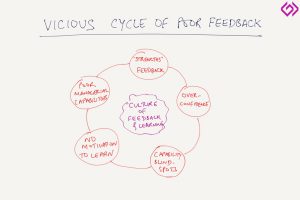
What must change?
Undoubtedly, managers must get better in evaluating capabilities and providing development feedback. Organisations can use simulations and benchmarks to create measurability that helps in self-awareness. But these are long-term solutions and will not break the logjam.
The obvious but extremely difficult answer is that individuals must change. Given the pace of external change and uncertainty, it is safe for the individual to say that I probably suck at everything that will be essential for future. That is a liberating thought.
If I admit that I need to get better, then I take charge of my development. And as I learn, I improve my ability to reflect on capabilities, and build better self-awareness. This builds my motivation to learn further.
This may sound self-serving coming from the CEO of a learning provider, but it doesn’t matter whether it’s GlobalGyan or anywhere else. The change that I would like to see is individuals to take greater responsibility for their capabilities.
How can we kickstart this change?
This brings us back to the theme of this post. Is it time for leaders and HR teams to change their language of development? I would urge that leaders change their tone dramatically when it comes to capability feedback and learning. Let your colleagues not treat learning as a performance reward or an optional tool for future. A virtual slap in the face now is far better than handing out pink slips later.

